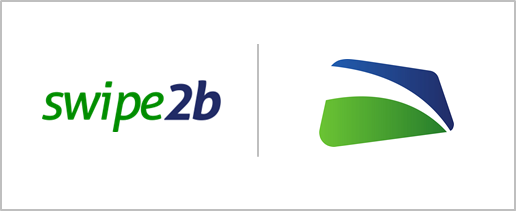The CFO’s role across the globe is undergoing a significant transformation. The Middle East is no different. CFOs are no longer just chief accountants or financial scorekeepers. They are expected to be key strategic partners for boards, CEOs and other corporate leaders. These executives need their CFOs to help develop strategies that enable their companies to adapt to change, ensure compliance, manage the exponential increase in data volumes and drive revenue growth and profits.
According to a report from McKinsey, CFOs in the Middle East are focusing on driving business performance through digitization and innovation, with more than half seeing digital transformation as a high priority. A significant number of these CFOs plan to invest in technology to help them achieve their goals. A survey conducted by PwC, found that 94% of Middle Eastern businesses believe that technology will play a significant role in the future of their finance function. The same survey also found that 52% of them plan to increase their investments in digital technologies over the next year, with a particular focus on automation and data analytics. This highlights the growing importance of automation in finance in the region and the need for CFOs to embrace it.
One area where CFOs are leveraging technology to drive business performance is in payments. Optimizing payments to suppliers is crucial for achieving strategic objectives such as improving cash management, increasing profitability, reducing the cost of goods sold and mitigating risks. Here are some key ways in which optimizing payments is driving business performance:
Leveraging Electronic Payments To Improve Cash Management
CFOs are optimizing payments by moving away from manual cheques to electronic payments. In the UAE, for example, electronic payments have been on the rise, with the Central Bank of the UAE reporting a 27% increase in the value of electronic payments in the country in 2020. While much of that increase is attributable to the change in consumer payment behavior during the pandemic, this change is here to stay; and not just amongst individual consumers, but payment behavior between corporate buyers and suppliers too. In addition, the decriminalization of bounced cheques over the last few years and initiatives like the UAE Central Bank’s target to increase the share of non-cash transactions to 70% by 2023, have added to that momentum
Increasing Margins By Optimizing Payments
CFOs in the region are implementing payment optimization strategies that help to extend Days Payable Outstanding (DPO), the average amount of time it takes a business to pay its suppliers. By taking a strategic and disciplined approach to paying suppliers electronically, such as by credit card, organizations are able to vary the settlement time for invoices in a way that is beneficial for both the buyer and supplier. Extending DPO is a great way to drive supplier adoption and gain additional float at the same time. This can help support strategic objectives such as paying down debt, making capital investments, increasing research and development and supporting growth initiatives.
Lowering COGS Through Early Payment Discounts
Optimizing payments is helping CFOs capture early payment discounts. A significant number of suppliers in the region, including in the UAE, offer early payment discounts, with some offering discounts of up to 5%. CFOs can help their businesses reduce their cost of goods sold and improve their competitive position by capturing these discounts when paying their suppliers using automated solutions, such as Swipe2B.
Using Automation To Mitigate Risk
More and more CFOs are implementing automated solutions that include workflow engines to digitally route invoices for approval and exceptions handling, based on a buyer’s pre-configured business rules. With automation, there is no chance that invoices will become lost, and alerts, notifications, and escalation procedures keep invoices from becoming ‘stuck’ on someone’s desk. Electronic payments provide businesses with the visibility, tracking, and control they need to mitigate costly fraud and compliance risks. Automation tracks invoice history and approvals, ensures compliance with invoice approval policies, enforces separation of duties, assures chain of custody, makes audit information readily available, applies PCI compliance controls and prevents sensitive documents from being destroyed prematurely.
Conclusion
The role of the CFO in the Middle East is evolving rapidly, with technology and digitization playing an increasingly important role. By embracing digital solutions and optimizing their payments processes, such as adopting a commercial card program for supplier payments, CFOs can position themselves as key strategic partners within their businesses, driving growth, profitability and competitive advantage in an increasingly dynamic and digital marketplace.




